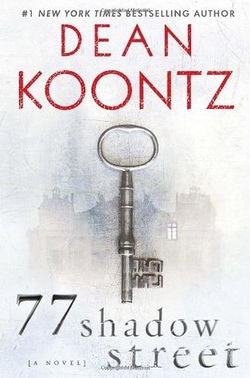
Author: Dean Koontz
Genre: Horror, science fiction, thriller
# pages: 451
Date published: December 27, 2011
5-star rating: 4.5 stars
Would you recommend it? Yes
I have been reading Dean Koontz’s books for over eight years. As I walked through the aisles of the used bookstore near my hometown, I picked up 77 Shadow Street because it was one of Koontz’s latest novels that I had yet to read. Once I began reading, I finished the book in less than one week – this is the sort of book you just can’t put down.
77 Shadow Street is the address of the former Belle Vista mansion, constructed in the 1880s by tycoon Andrew Pendleton and later transformed into a luxury condominium complex named the Pendleton. The building saw the abduction of Pendleton’s wife and children, the murder of the Ostock family by the butler, and the disappearance of a construction worker during the transformation to condos. The chapters switch points of view between the residents and employees of the Pendleton, a constant change that keeps the reader interested. You do not get too much of the same story line or viewpoint, which keeps the story moving, and each character has a different opinion of the bizarre happenings at the condominiums. Mysterious plants, people, and creatures appear and disappear for seconds to minutes to hours at a time.
Eventually the residents realize that they have been transported to the Pendleton in the year 2049 and have less than a few hours to live or find a way to survive the ominous “One.” This time crunch creates a fast-paced read, the chapters going by more and more quickly as time winds down and the perspective switches from character to character and from condominium to condominium.
Anyone who enjoys horror would like this book. Dean Koontz is a mix of James Patterson and Stephen King, telling dark tales of murder with supernatural elements that nonetheless seem believable, and his writing never fails to give me goosebumps, especially at night. 77 Shadow Street transports the reader away from his or her reality into the Pendleton with its residents and employees as they fight to stay alive.
Review by Liz Handler, A&S '15

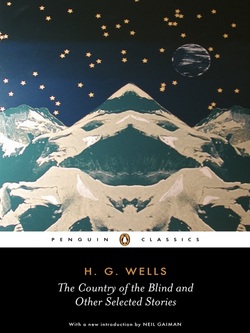
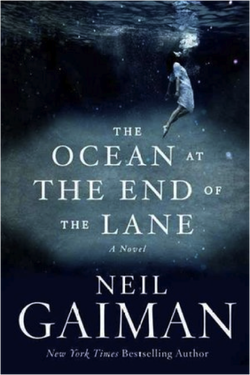
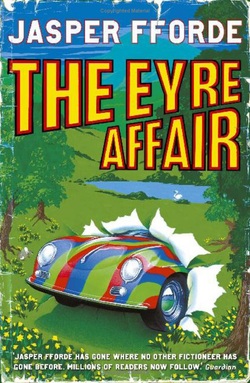
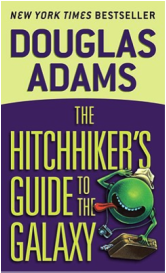
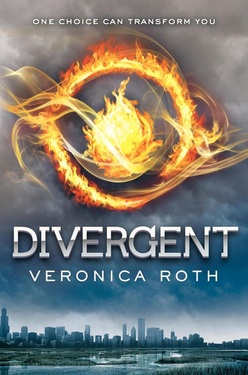
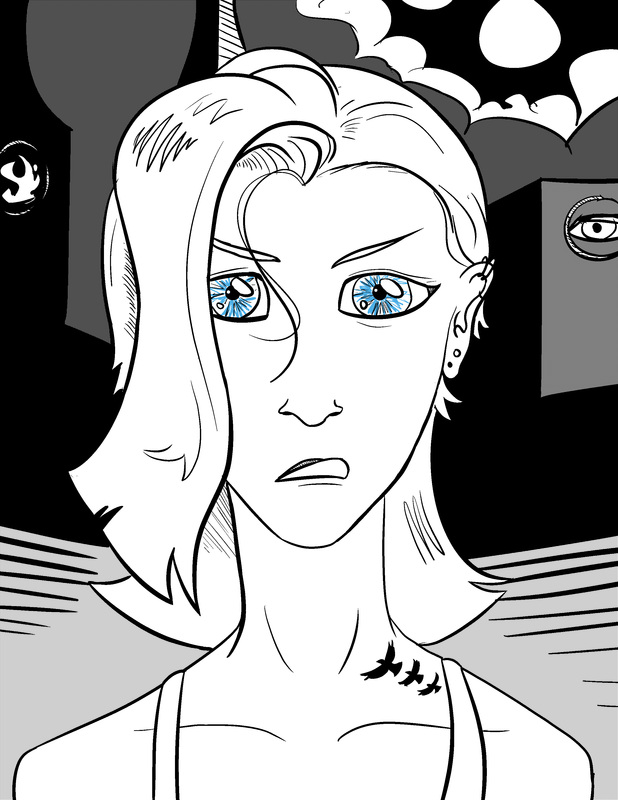
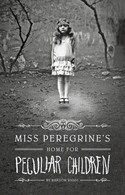
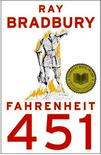
 RSS Feed
RSS Feed
